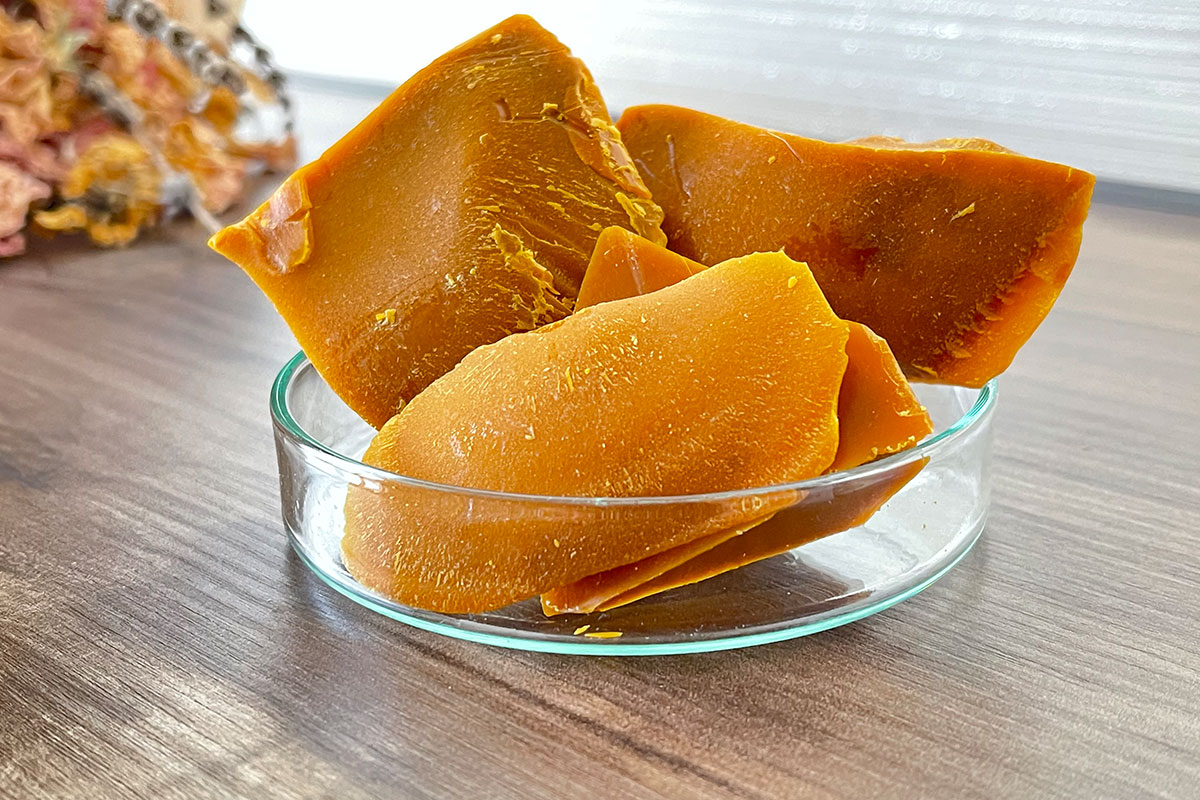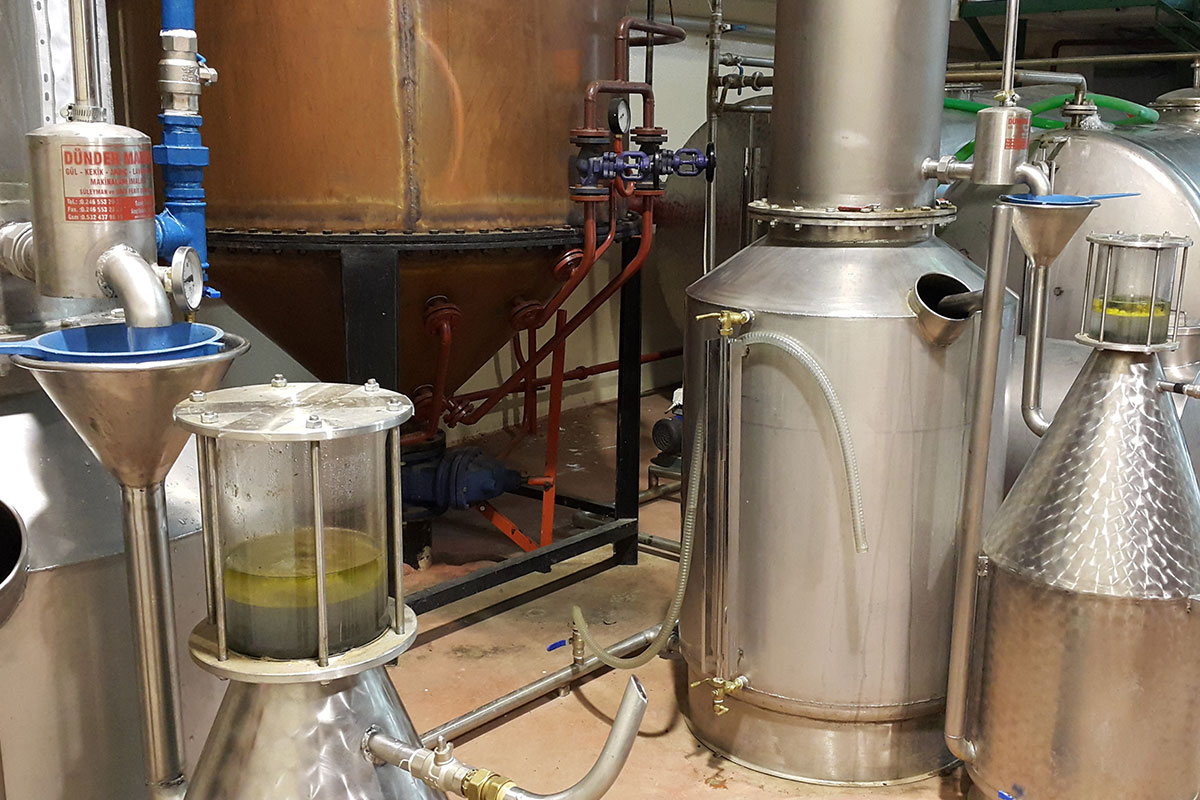5 Powerful Rose Products from Turkey You Need to Know About
Introduction
Roses are more than just beautiful flowers. They are the foundation for a wide variety of natural products that are highly valued in perfumery, natural aromatics, and artisanal creations. From luxurious oils to fragrant waters and rich pastes, rose products offer a unique olfactory experience and diverse applications in industries that favor natural ingredients.
Among global producers, Turkey stands out as a major source of premium rose-derived materials. The Isparta region, known as the “City of Roses,” has become a central hub for harvesting and processing the Damask rose into essential oil, absolute, hydrosol, and concrete. This article will explore five powerful rose products and why Turkish production leads the way in quality and tradition.
1. Rose Essential Oil
Rose essential oil is the most concentrated aromatic product derived from fresh rose petals. It is obtained through steam distillation, a traditional process that captures the volatile aromatic compounds from the flower. This oil is typically produced during a limited harvest season, making it both time-sensitive and labor-intensive.
In Turkey, the climate of Isparta, with its cool nights and sunlit days, supports the growth of highly fragrant roses. Local expertise passed down through generations ensures that harvesting takes place at dawn when the petals are richest in aroma. The resulting oil is prized for its intensity and depth.
Turkish rose essential oil is commonly used in fine fragrances, luxury aromatics, and niche natural product formulations. Its powerful scent and complex profile make it a sought-after raw material by professionals worldwide.
2. Rose Hydrosol
Also known as rose water, rose hydrosol is a co-product of the distillation process that yields essential oil. While it is lighter and less concentrated, rose hydrosol retains many aromatic compounds and the fresh scent of blooming petals.
Turkey’s rose hydrosol stands out due to the freshness of the petals used and the cleanliness of the distillation process. Small-scale farmers and producers collect the blooms early in the morning and process them quickly to preserve their scent. This speed and efficiency ensure the resulting hydrosol is both pure and aromatic.
Rose hydrosol from Isparta is used in natural formulations and artisanal fragrances, offering a refreshing floral note and a more subtle expression of the rose.
3. Rose Absolute
Rose absolute is created through solvent extraction of rose petals, resulting in a highly aromatic, viscous liquid. This method allows for the retention of a broader range of aromatic compounds that might be lost during distillation.
The absolute is typically used in high-end perfumery and fragrance development because of its rich, sweet, and deep floral scent. Turkish rose absolute is particularly valued for its complex aroma, which reflects the natural qualities of the roses grown in the region.
Producers in Turkey are known for their mastery of extraction techniques, ensuring that each drop of absolute retains the essence of the freshly picked flower.
4. Rose Concrete
Rose concrete is another result of solvent extraction. It has a thick, waxy texture and contains both aromatic oils and plant waxes. This form of rose product serves as an intermediate in the production of rose absolute, but it can also be used directly in certain artisan applications.
In Turkey, rose concrete production is centered around community-based agricultural models, where local farmers deliver freshly harvested petals to regional distilleries. These centers perform extraction in small, controlled batches to maintain quality and consistency.
Rose concrete from Turkey is admired for its deep reddish color, waxy texture, and strong aroma. It is often used by niche perfumers looking for raw, unrefined floral intensity.
5. The Role of Isparta in Rose Product Leadership
The Isparta region of Turkey plays an essential role in the global supply of rose-based materials. With a combination of ideal natural conditions and centuries-old cultivation practices, the region produces tons of rose petals annually, much of which is transformed into world-class aromatic products.
The rose industry here functions through a blend of smallholder farms and cooperatives, supported by a larger infrastructure of distillation units and export operations. Despite its growth, the industry remains deeply rooted in traditional values—prioritizing freshness, natural methods, and craftsmanship over automation and volume.
This human-centric, nature-respecting approach gives Turkish rose products their distinguished status and ensures continued demand in global markets.
Conclusion
From rose essential oil and hydrosol to absolute and concrete, the range of rose products available from Turkey reflects the country’s deep connection to this iconic flower. Whether used in perfumery, natural cosmetics, or artisanal crafts, Turkish rose products offer unmatched aromatic richness and authenticity.
With Isparta continuing to lead the way, Turkey stands firm as one of the most important sources of high-quality rose materials in the world. These five rose products are not just fragrant byproducts—they are symbols of tradition, precision, and natural excellence.




